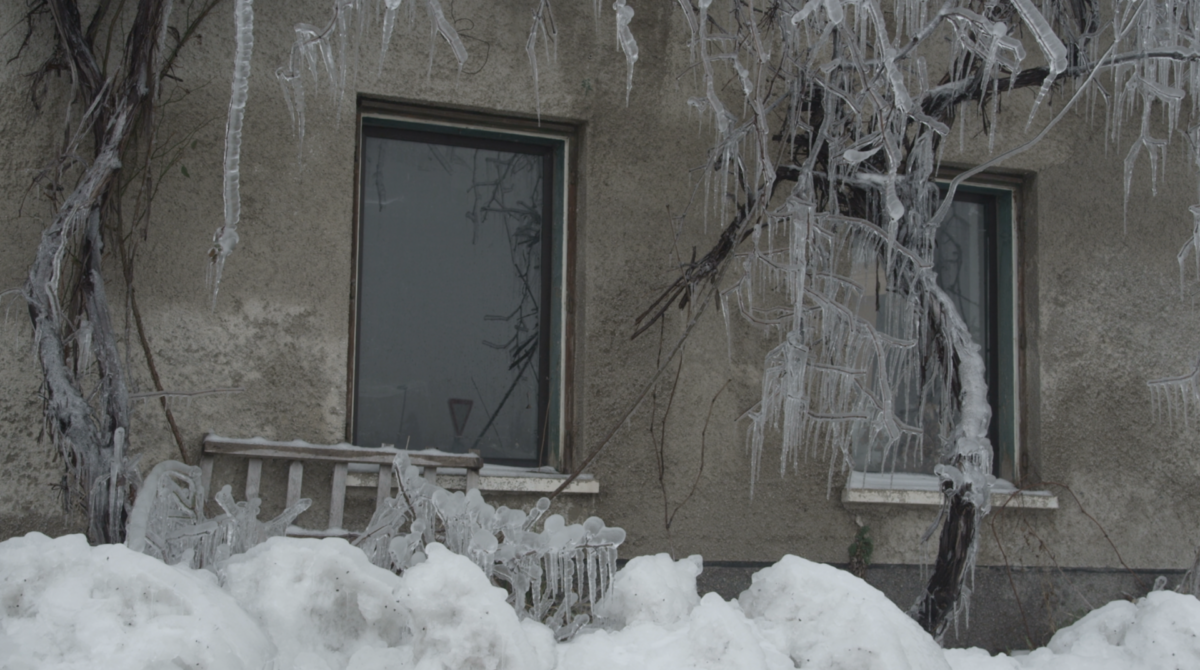Freezing Temperatures and Frozen Pipes

Posted on January 15, 2024 by Angel Clean
As temperatures plunge during this time of year and arctic blast affects the area, freezing pipes are a big concern. If you have ever found yourself in a situation with a busted water pipe due to cold temperatures you understand that the expansion of the frozen water when it turns to ice is the culprit. Your pipes are unable to handle this expansion resulting in a crack in the closed system of pressurized indoor plumbing. This creates a huge mess and even larger problem that must be remediated very quickly. Water from a busted pipe can damage furniture, sheetrock, appliances, and flooring among other things. You may be unaware of the source immediately as pipes can bust in upstairs walls or ceilings damaging many rooms near and below the break. Water remediation for cold weather and broken water pipes involves addressing both the immediate issues caused by the pipe break and implementing measures to prevent further damage. Here are some steps you can take if you find yourself in this predicament:
- Shut Off Water Supply:
- Turn off the main water supply to stop the flow of water and prevent further damage. The shutoff valve is usually located in the house closest to the area where the water pipe comes out of the ground and into the house. Another shutoff valve is generally found near the hot water heater. The sooner you turn off the water can reduce the cost of repairs significantly. Unfortunately a pipe can bust when you are gone for the day or sleeping through the night, leading to extensive damage.
- Identify and Fix the Leak:
- Locate the broken or burst pipe and assess the extent of the damage.
- Temporary fixes like using pipe clamps, rubber patches, or pipe repair kits can help contain the leak until a permanent solution can be implemented. Be prepared though as these fixes will not last long. Permanent repair needs to happen as soon as possible and unless your husband is a handyman, hiring a plumber will almost always be necessary.
- Remove Standing Water:
- Use pumps or other water extraction methods to remove standing water from affected areas. If you don’t have a water pump use towels, mops, and large sponges to soak up the water.
- Dry Out the Space:
- Turn on dehumidifiers and any fans available to speed up the drying process. Adequate ventilation is crucial to prevent mold growth. Dehumidifiers help in removing excess moisture from the air, preventing mold growth and promoting faster drying of wet surfaces. Position dehumidifiers strategically in affected areas, especially in spaces with poor ventilation. Choose dehumidifiers with sufficient capacity for the size of the affected area.
- Insulation and Heating:
- Insulate pipes in vulnerable areas to prevent future freezing. This can be done using pipe insulation or heating tape. Make sure any rooms with water pipes on the outside wall of the building remain warm enough to prevent freezing. Letting your water drip from the faucets in these area will help reduce the risk of water freezing and in the event it does freeze, it will allow for the frozen water to expand out of the open faucet instead of inside the pipes.
- Maintain a consistent temperature usually around 55 degree Fahrenheit in the building to prevent freezing.
- Repair and Replace Damaged Materials:
- Inspect and replace damaged materials such as drywall, insulation, and flooring.
- Ensure that all affected areas are thoroughly cleaned and disinfected to prevent mold and bacteria growth.
- Check for Mold:
- Keep an eye out for signs of mold growth, such as musty odors or visible mold. Address any mold issues promptly.
- Professional Remediation Services:
- In severe cases, or if you are unsure about the extent of the damage, consider hiring professional water remediation services. We have the expertise and equipment to handle complex situations.
- Preventive Measures:
- Implement long-term preventive measures to protect against future pipe freezes, such as proper insulation, periodic checks, and maintenance of plumbing systems.
- Insurance Claim:
- If the damage is extensive, contact your insurance provider to initiate a claim.
Remember that addressing water damage promptly is crucial to prevent secondary issues like mold growth and structural damage. If you’re unsure about any aspect of water remediation, it’s recommended to consult with us here at Angel Clean. We would love to help!